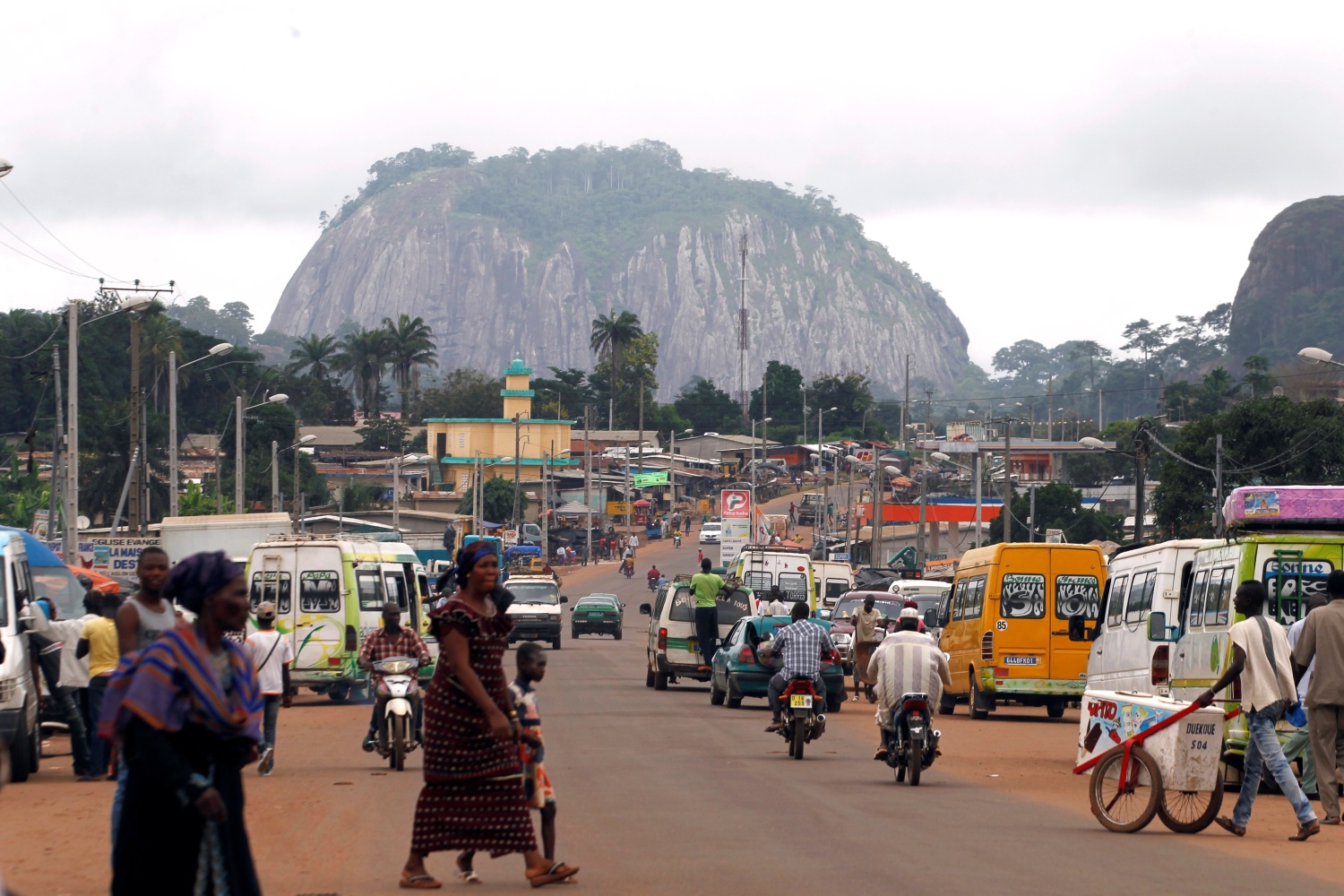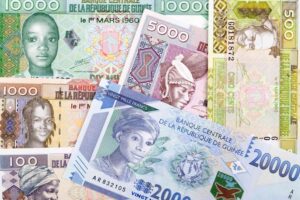Many people throughout the world are interested in the growth rate, GDP, economic growth, population, and other vital variables of various African countries.
Africa unquestionably has most of the world’s youngest and fastest-growing economies, thriving cities, and ambitious innovations in everything from fintech to sustainable energy. With its population anticipated to nearly double to 2.5 billion people by 2050, the continent offers numerous prospects for robust, inclusive growth that leverages its rich natural resources and tremendous human potential to promote wealth not only in Africa but globally.
These assets and strengths allow the continent to significantly increase productivity and reverse the economic slowdown that it experienced from 2010 to 2019. GDP growth decreased by 35% during that time, and then the COVID-19 epidemic hit, followed by Russia’s invasion of Ukraine. These events triggered transformations that are still affecting the global economy.
Certain African countries, cities, sectors, and companies have served as beacons of innovation, productivity, and growth over the last decade. Lessons and technologies that can revitalize the African economy can be found in these beacons.
This article chronicles the fastest-growing economies in Africa, the ones that stood out among them, the promising ones, their predominant economic factors, and the methodology used in assessing them.
Methodology
This is a compiled list of the world’s fastest-developing countries in 2023. the IMF’s definition of developing countries and ranking based on their 2023 annual percentage change projection in real GDP growth was used, it was obtained from the IMF. Countries with GDPs of less than US$1 billion have been eliminated since they are deemed economically insignificant on a global scale, even if they are developing rapidly. The assessment also relied heavily on World Bank statistics. The list is presented in descending order.
Fastest growing economies in Africa
1. Senegal
2023 Growth Percentage Change: 6.3%
Senegal’s economy and GDP are expected to rise even more in 2024 as a result of the exploitation and monetization of hydrocarbon resources, according to a recent World Bank analysis.
According to the World Bank’s Senegal Economic Update, Senegal’s economy will grow by 9.9% in 2024 due to strong industrial production driven by the oil and gas sector, as well as other factors such as a favorable institutional environment, optimal use of public-private sector partnerships to finance projects, increased foreign direct investments in energy projects, and a drop in global commodity prices.
2. Democratic Republic of Congo
2023 Growth Percentage Change:6.3
Congo’s GDP was estimated to be $55.35 billion in 2021. In 2022, GDP growth will accelerate to 8.6%. Mining industry investment and exports were the primary growth drivers, owing to capacity expansion and a recovery in global demand.
3. Côte D’Ivoire
2023 Growth Percentage Change: 6.2%
Côte d’Ivoire is a West African country on the southern coast with a GDP of $70.04 billion in 2021. Private spending drove the country’s economic expansion, which was aided by state investment and pay increases. According to Trading Economics, its GDP will reach $74.09 billion by the end of 2023.
4. Rwanda
2023 Growth Percentage Change: 6.2%
Despite the COVID-19 pandemic, Rwanda’s economy has shown exceptional resilience and growth. Rwanda’s GDP was $11.07 billion in 2021, with an 8.4 percent growth rate in the first three quarters of 2022.
The World Bank emphasizes that Rwanda’s growth has been fueled by a resurgent services sector, particularly the tourist industry.
5. Ethiopia
2023 Growth Percentage Change: 6.1%
Ethiopia’s GDP was approximately $111.3 billion in 2021, placing it 60th among major economies. Furthermore, the official forecast for Ethiopia’s GDP in purchasing power parity terms at the end of 2022 was $291 billion.
Ethiopia’s rise has been fueled mostly by growing industrial activity, particularly investments in infrastructure and manufacturing.
6. Benin
2023 Growth Percentage Change: 6%
Benin, formally the Republic of Benin, is a country in West Africa with a GDP of $17.14 billion in 2021.
According to the African Development Bank, it has one of the most significant economic growth rates in the WAEMU area, with an expected growth rate of 7.2% in 2021, a 3.4 percentage point increase over 2020. During the period 2020-2021, Benin’s economy profited mostly from its tourism sector and an increase in cotton production.
7. Uganda
2023 Growth Percentage Change: 5.7%
Uganda’s GDP was $40.53 billion in 2021. According to Trading Economics, Uganda’s GDP will be $44.56 billion in 2024 and $62.74 billion in 2025.
The economy is expected to rise by more than 6% per year. This expansion is expected to be driven by lower inflationary pressures, the Bank of Uganda’s easing of monetary policy, and the government’s emphasis on increasing tax collection.
Conclusion
Africa is expected to beat the rest of the globe in terms of economic growth this year.
Over the last 20 years, the African economy has seen a major structural shift to services, as people abandoned the fields to work in commerce and other services in cities. As a result of this change, employment in services climbed from 30% to 39% over that period, even though agriculture still employed half of the African workforce in 2019. According to projections, Africa will have the world’s largest working-age population by 2040, and wise labour-force deployment in highly productive sectors will drive economic growth.
On its current trend, the services sector will produce at least 85 million net new jobs throughout the continent by 2030, enough to absorb half of all new labour market entrants in highly productive work.




